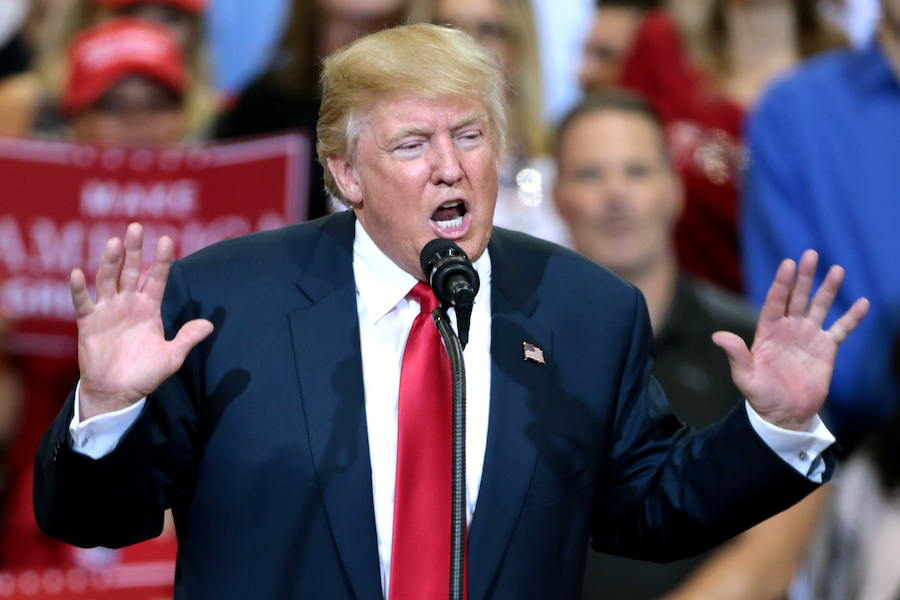In the latest decision in the ongoing Telephone Consumer Protection Act (TCPA) class action against President Trump’s re-election campaign, the Eighth District Court of Appeals adopted the expansive definition of what constitutes an Automatic Telephone Dialing System (ATDS) previously set forth in the Ninth Circuit’s infamous, landmark decision in Marks v. Crunch San Diego, LLC. This is the first time that the Eighth Circuit has adopted this precedent and further contributes to the patchwork quilt of ATDS definitions varying from district to district.
As a refresher, this TCPA class action—Pederson v. Donald J. Trump for President, Inc.—stems from text messages allegedly sent by the President’s re-election campaign to promote an October 10, 2019 rally in Minnesota. The plaintiffs allege that the messages were sent via ATDS and without proper consent. The President’s campaign attempted to have the complaint dismissed on a number of grounds, all of which were dismissed by the court.
The defendant’s arguments for dismissal are, frankly, poorly reasoned. They argued that the plaintiffs lack standing due to the fact that “unsolicited text messages are less burdensome and injurious than phone calls, voicemails, and faxes, and that a single text message is not enough to create standing.” Unsurprisingly, the court did not find this argument to be compelling. The defendant also argued that one of the plaintiffs had agreed to arbitration but lacked sufficient evidence to substantiate the claim.
The most significant argument by the defendant was that the campaign had not used an ATDS to deliver the messages. The Eighth Circuit had not previously staked out a position on what constitutes an ATDS and the court opted to follow the Marks precedent, writing:
“the Court finds the logic of the Second and Ninth Circuits to be more persuasive. Under the Trump Campaign’s theory (and Eleventh Circuit precedent) software that could dial a number at random from a phonebook (imagining that there were still such things as phonebooks) would not constitute an autodialer, because a phonebook is nothing more than a list of numbers compiled by humans. The Court sees no reason why software must generate numbers itself, and will not read such a limitation into the text of the statute.”
Due to the fact that this TCPA case involves the President of the United States—not for the first time—and has now prompted an expansion of which districts follow the Marks ATDS precedent, this case bears further watching as it proceeds.
Further Reading
